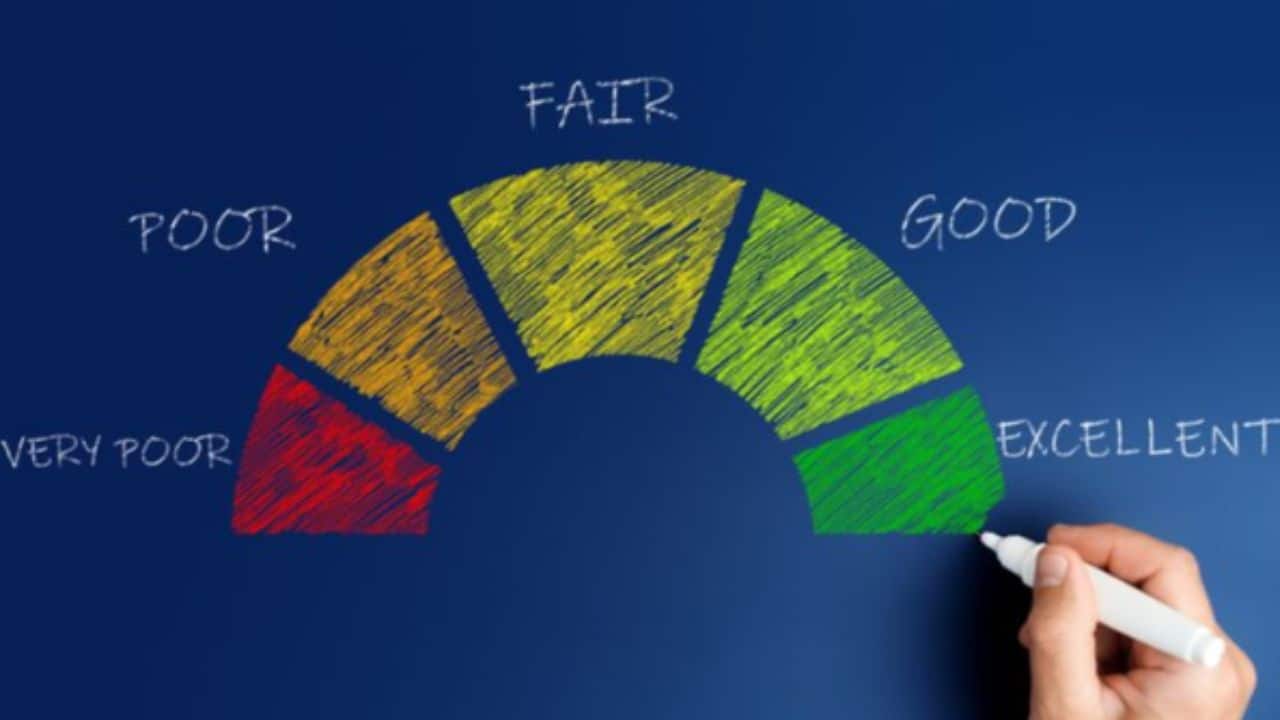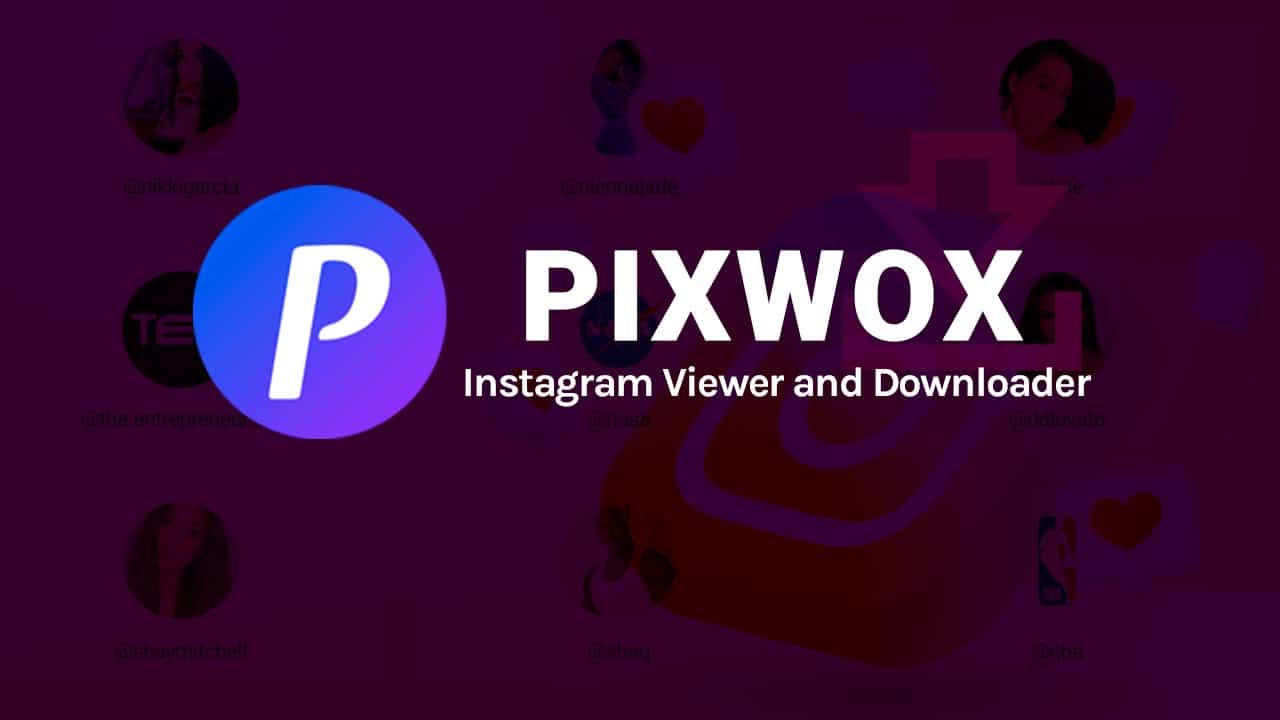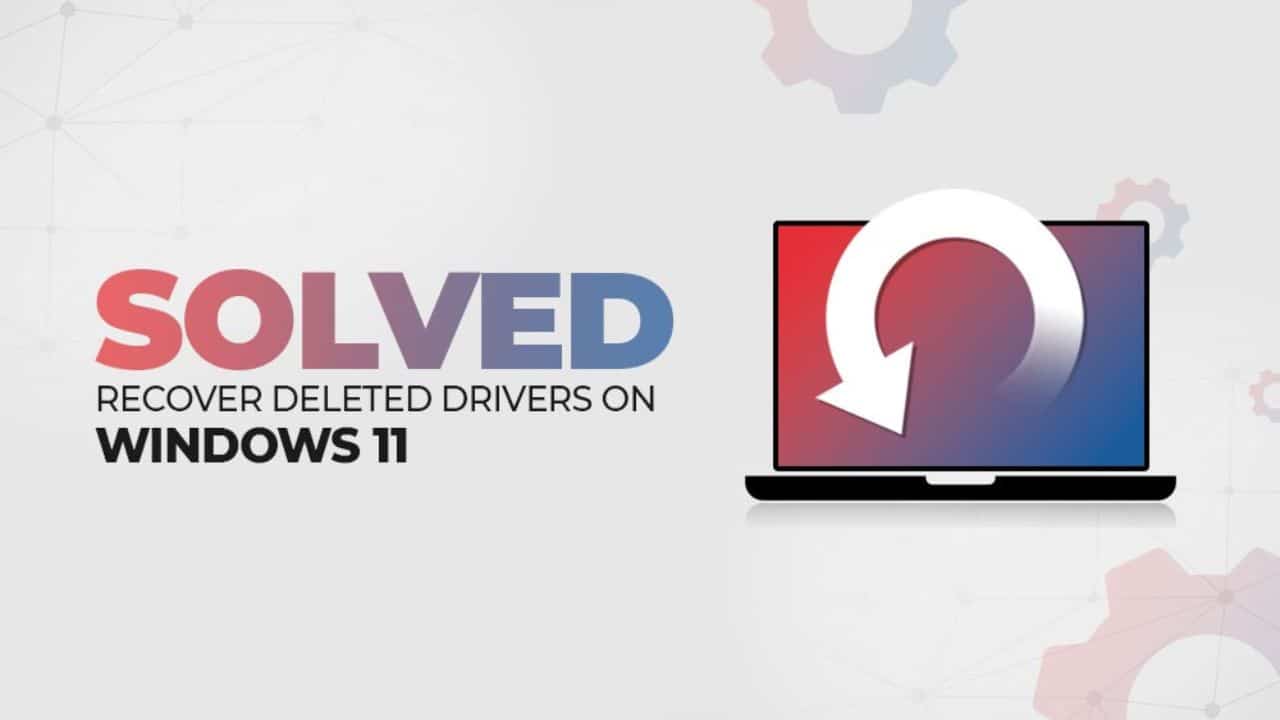Getting a mortgage or starting a business are just two examples of the many common reasons why people take out loans. Most folks can’t afford to buy these things outright or in a fair length of time.
It’s important to evaluate your true financial needs before reaching out to a mortgage broker. Determine how the loan may influence your short- and long-term finances by discussing it with a financial professional.
Finding out if you are loan-eligible is the first step in the borrowing process. The following is what credit grantors will require:
- Income verification
- Credible financial history
- enough money put away
- Collateral
Most crucial is familiarity with borrowing fundamentals. You can ask the right questions and find the best loan for your needs if you have a firm grasp of the fundamentals. What follows is a brief recap of the foundational concepts.
Interest Rate
The interest rate is the cost to the lender of providing you with access to their funds. It’s a relatively modest fraction of the total loaned. There are two main categories of interest rates to look out for as you do your research: fixed and variable.
Fixed Interest Rates
For the duration of a fixed-interest loan, the interest rate will not fluctuate based on fluctuations in the market. During the set period, your interest rate will remain at the locked-in level of 6%.
Having a consistent interest rate is convenient for financial preparation. You will be shielded from rising interest rates and will always know what to expect. However, if interest rates decrease significantly after you lock in, you will still be subject to that rate.
Variable Interest Rates
Variable rates are subject to fluctuations. When the bank’s deliberations are complete, they decide on a change in cash rate. Lenders and banks adjust interest rates and your monthly payment based on the cash rate, which might go up or down.
Lately, banks have been sluggish in passing on the effects of the bank rate. Still, it’s possible that your payments could fluctuate from time to time. If you keep making your regular monthly payments despite a decrease in the underlying interest rate, you will eventually pay off the principal loan balance.
The Security Component
There are two types of loans: secured and unsecured. These clauses specify whether or not you are required to guarantee the loan with collateral.
When in need of funds quickly, lenders might help by loaning the money, including options like instant payday loans online guaranteed approval, and extending the repayment period.
Secured Loan
Secured loans require the borrower to provide some form of repayment assurance, such as regular payment or the pledge of an asset. The lender will repossess your collateral if you fail to repay the loan. Secured loans allow lenders to charge lower rates of interest since they pose less risk to the lender.
Unsecured Loan
Borrowers of unsecured loans aren’t required to put up any security. Unsecured loans typically feature higher interest rates than secured loans due to the lender’s increased risk of default.
Some lenders may demand a co-signer on a loan if the borrower does not provide collateral. When more than one person is cosigning a loan, the lender has greater peace of mind. The co-signer is legally obligated to repay the loan in the event that the principal borrower defaults.
The Term
The term of a loan is the time over which payments on the loan’s principal and interest are due. The terms and conditions are extremely different for each loan option. Loan terms for individuals often range from one to five years. The maximum length of a mortgage term is 30 years. Auto financing terms rarely exceed five years.
Make sure the mortgage you sign allows prepayment if you’re thinking of paying off the loan early. You can reduce your total interest paid by making larger payments throughout the loan’s life.
Borrowing Advisement
Don’t just sign a loan agreement without giving some thought to how it may influence your money. Obtaining funding can expedite several processes that bring you closer to your goals. You can expand your company more rapidly if you have access to additional capital for purchasing inventory.
On the flip side, this will increase your debt-to-income ratio and make it harder to secure future loans. Since you won’t have as much money, you may also have to turn down promising prospects.
Conclusion
The advantages and cons of each option will become clearer after discussing them with a financial advisor. Working with a broker that has relationships with numerous lenders might also expedite the borrowing process. You’ll have a greater chance of finding a loan that works for your needs if you shop around.












































